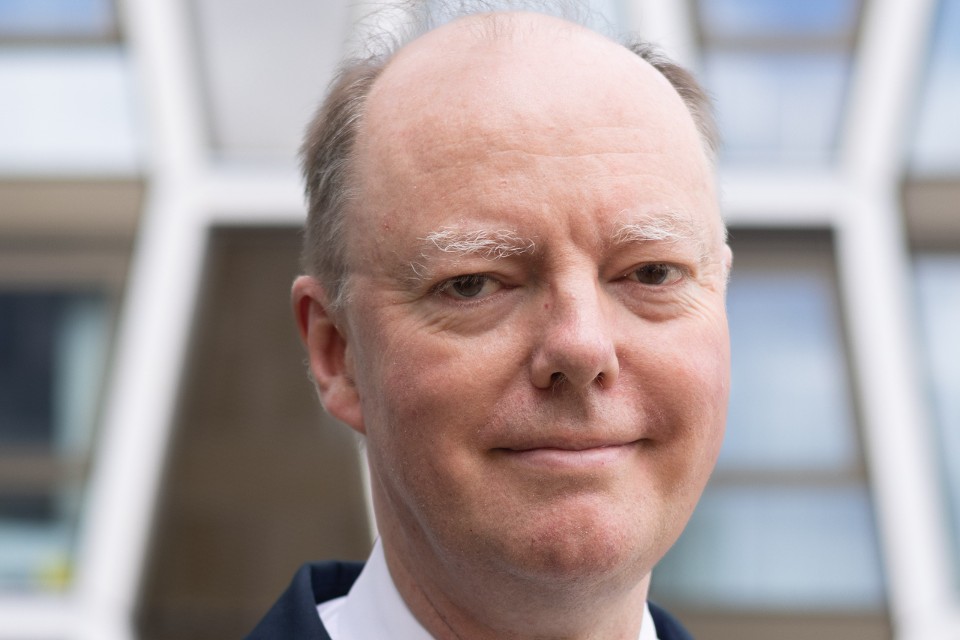
Protecting children, families and vulnerable from tobacco harms
No smoker wants to harm other people, but with second-hand smoke they unintentionally do. Some people are especially vulnerable to tobacco chemicals: children, pregnant women, people with common pre-existing but usually invisible health conditions like asthma, diabetes or coronary heart disease. This led to rapid improvements in health including around 1,200 fewer heart attack admissions and many fewer asthma admissions in children in the first year alone. The tobacco industry drives health inequality, harms the economy through ill health including during the working age and causes a burden on the NHS - far outweighing the tax receipts. Ensuring a smoke-free generation, protecting families and vulnerable people from involuntary second-hand smoke and preventing some of the tricks used to market cigarettes and vapes to children will have substantial long-term benefits to the health of the public.
Source: The Times November 05, 2024 12:03 UTC




